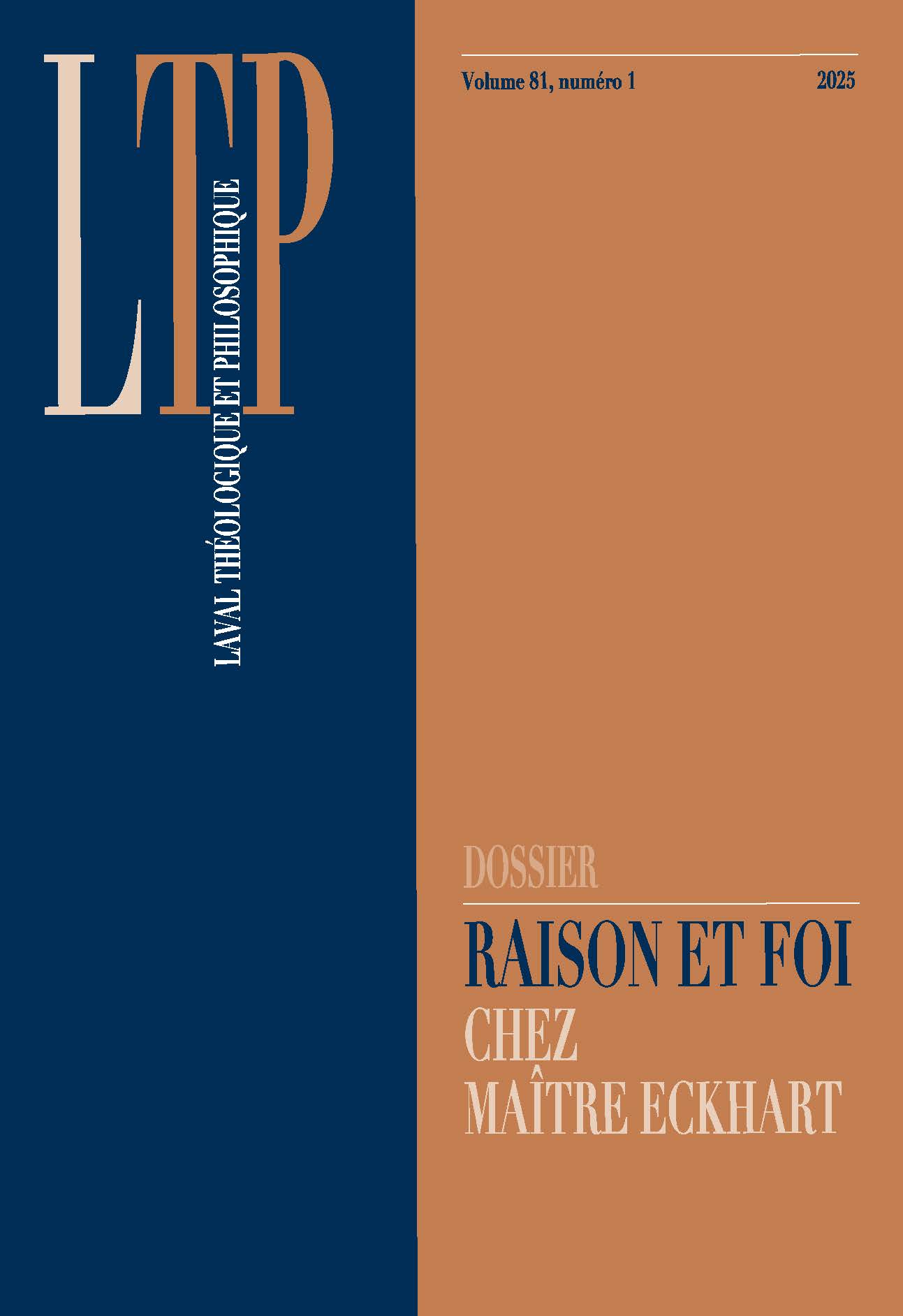Vit-on jamais autre chose que l'Absolu? Réponse à G. St-Laurent
Résumé
Le présent essai est une réponse à l’étude critique que G. St-Laurent a consacrée à mon livre La phénoménologie comme manière de vivre (2021). Mais au-delà des enjeux spécifiques à cet ouvrage, notre désaccord concerne ultimement le sens même de la philosophie, en particulier du rapport qu’elle doit ou non entretenir à la pensée mystique. St-Laurent soutient que ces deux domaines sont mutuellement exclusifs, et développe trois objections en ce sens: 1) en premier lieu, l’idée même d’une «expérience mystique», comprise comme expérience de l’Absolu, ne peut être qu’une contradiction dans les termes, toute expérience étant relative; 2) en outre, toute prétention de penser ou de vivre en conformité avec l’Absolu implique des contradictions performatives, l’Absolu étant strictement impensable et impraticable; 3) enfin, l’histoire primitive de la métaphysique nous apprend que la quête de l’Absolu fut une impasse à laquelle Platon eut le bon sens de renoncer. Il vaudrait mieux suivre son exemple. Je réponds ici une à une à ces objections, faisant valoir que la philosophie ne saurait se passer d’une pensée de l’Absolu, si tant est qu’elle est une quête de vérité, et de vérité ultime s’il en est une. Bien que l’Absolu doive demeurer inintelligible, il n’est pas pour autant inexpérimentable. De fait, si l’Absolu ne laisse rien hors de lui, on doit s’attendre au contraire à ce que toute expérience en soit l’expression immédiate. Rien n’empêche dès lors la philosophie d’employer toutes les ressources à sa disposition pour atteindre son but – même si cela implique un excès de l’intuition sur la «simple raison».

